Defending You in a Civil Case is a complex mechanism. All cases in which courts determine your civil rights as per Civil Laws are Civil Cases – may it be your marriage case, partnership case, money recovery case, civil defamation case (because there are criminal defamation cases also), damages case etc. We have already discussed regarding Defending You in a Criminal Case. Now we describe the stages in a civil case and the defence mechanism available there.

Negotiations & Notice
Talks and Negotiations with opposite party to resolve the dispute and save your client from litigation expenses.
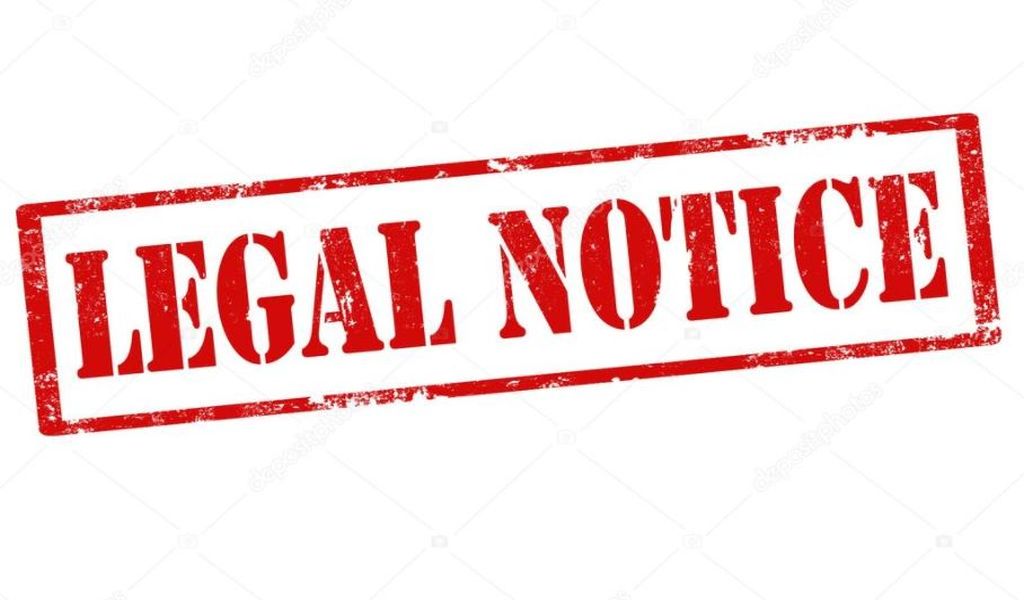
Legal Notices
Some parties e.g. police and Government employees are to be given a statutory notice before a civil case against them.
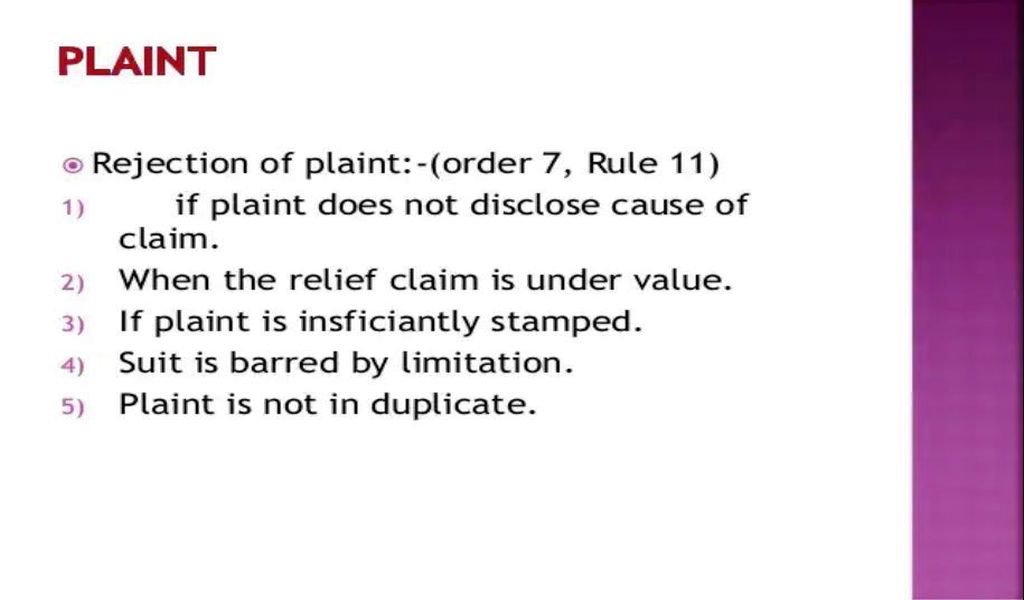
Drafting & Filing Plaints & Applications
Drafting a Plaint and relevant Applications to cover your client's case exclusively. Thereafter, filing them in a court of proper jurisdiction.
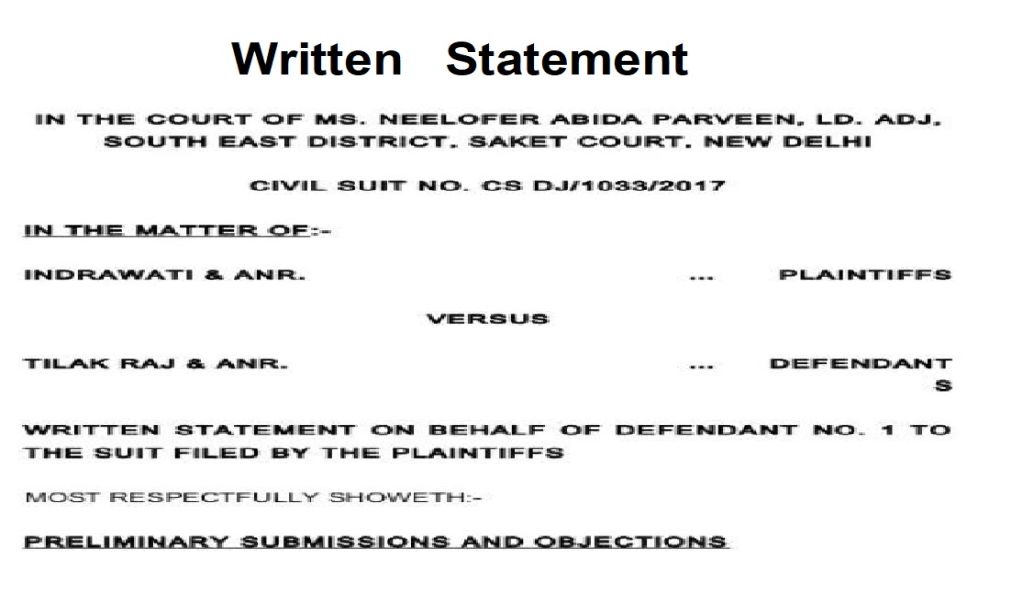
Preparing Written Statement and Replies
Similarly, if your client is to defend a suit then drafting his Written Statement and Replies to Applications. You are not going to have a second chance of filing.
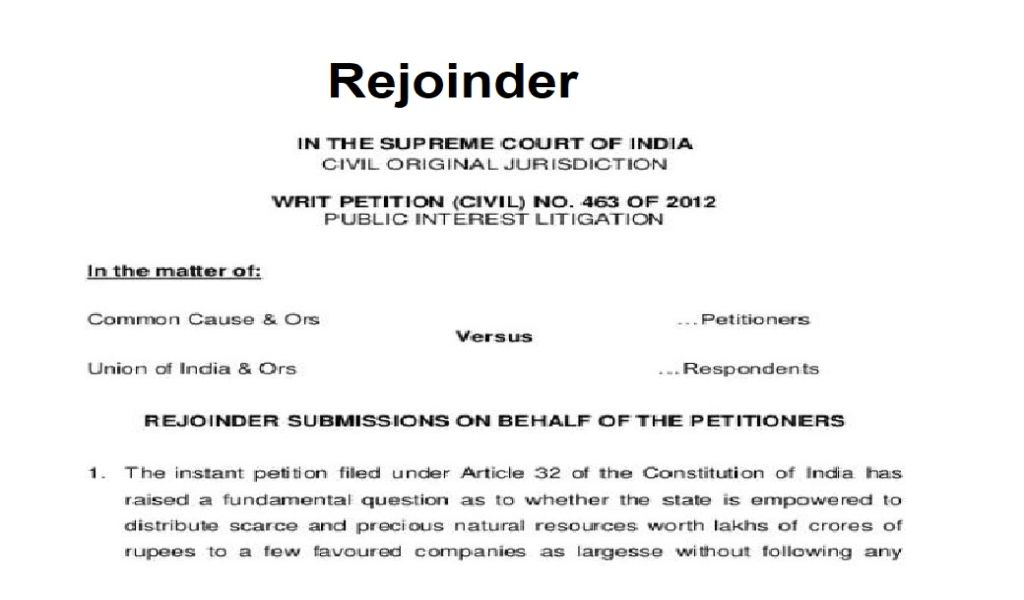
Preparing Replication and Rejoinders
If the WS raises new points then plaintiff can give its reply through Replication and Rejoinder. The Replication/ Rejoinder needs to be clear, brief and specific.
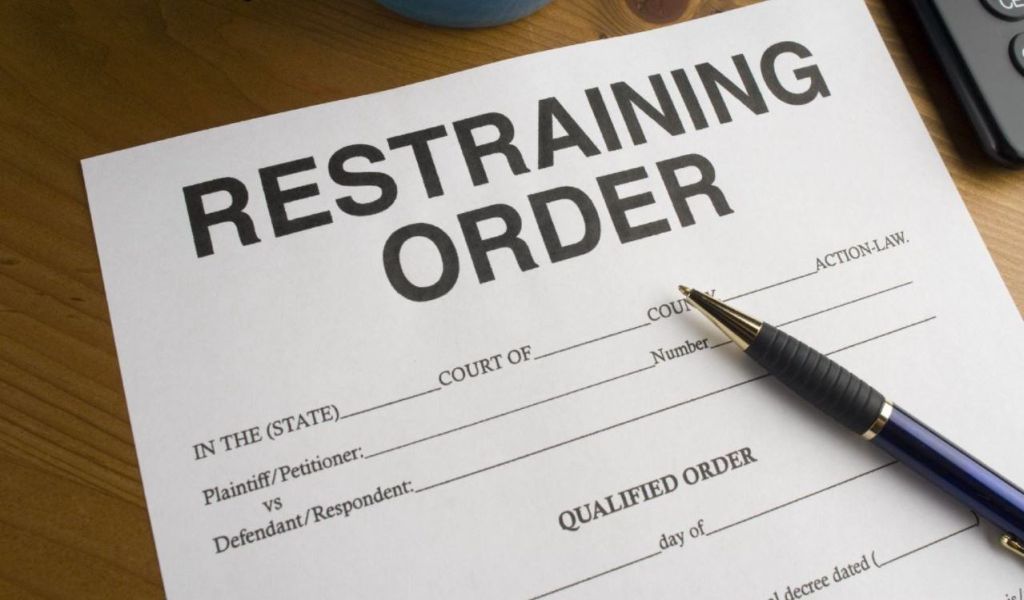
Arguing Injunction and Other Application
Important applications are filed under Order 38 and 39 CPC for Orders before Judgment and Injunctions During Suit respectively.
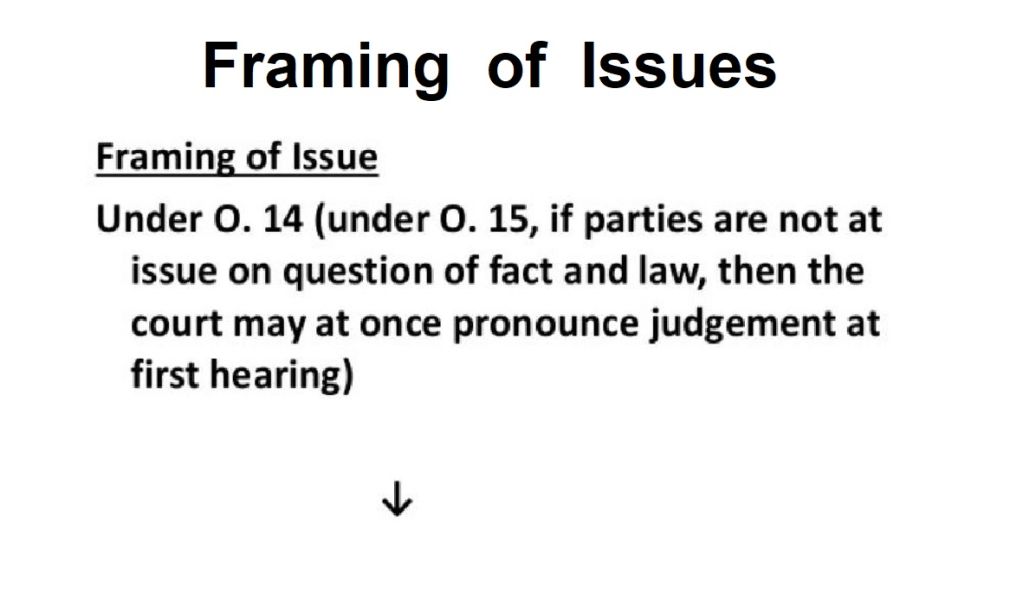
Arguments for framing of Issues
Framing of proper Issues is like giving shape to your legal Claim. Don't press for Excessive number of Issues.
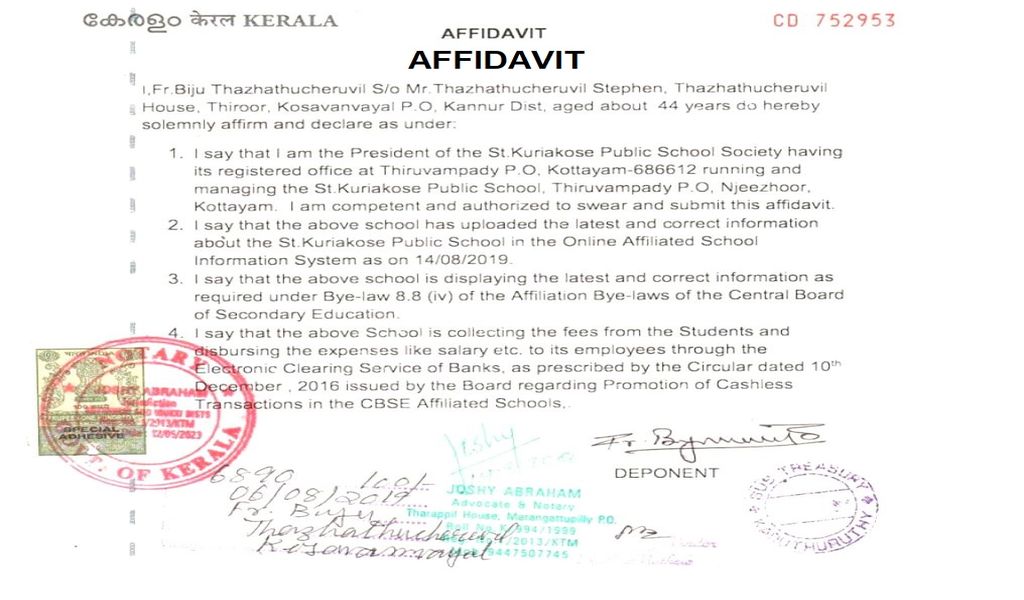
Preparing Affidavits of Witness
Preparing Evidence Affidavits of Client's Witness is not an easy job. They have to conform with plaint, claim and the law. It must be well discussed with the witnesses.
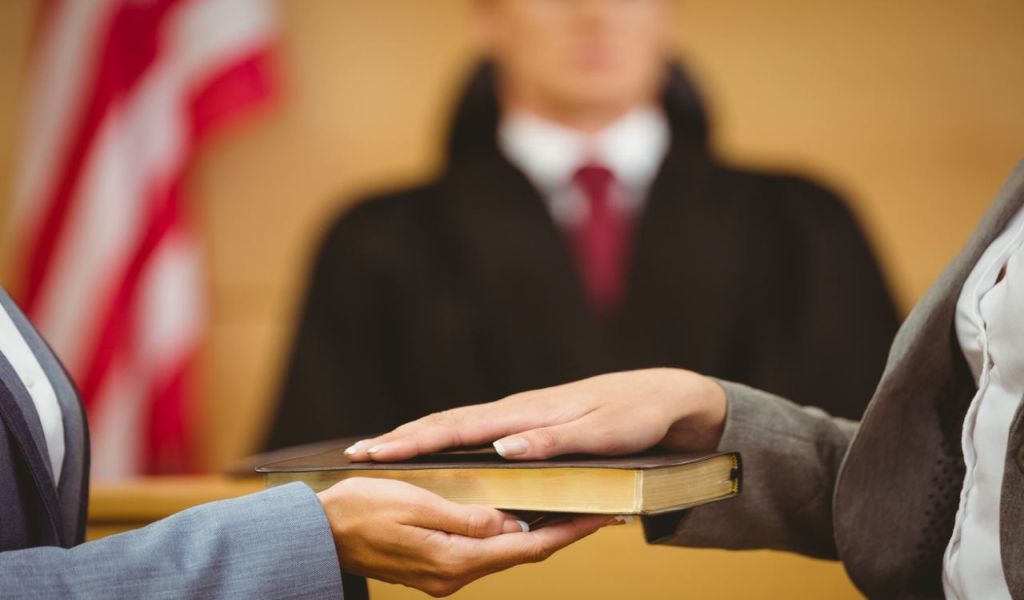
Cross Examination of Opposite Witnesses
Equally important is the Cross Exam. of the Opposite witnesses. For this the help of your client is an essence. Other wise it will be a futile exercise with no productivity.
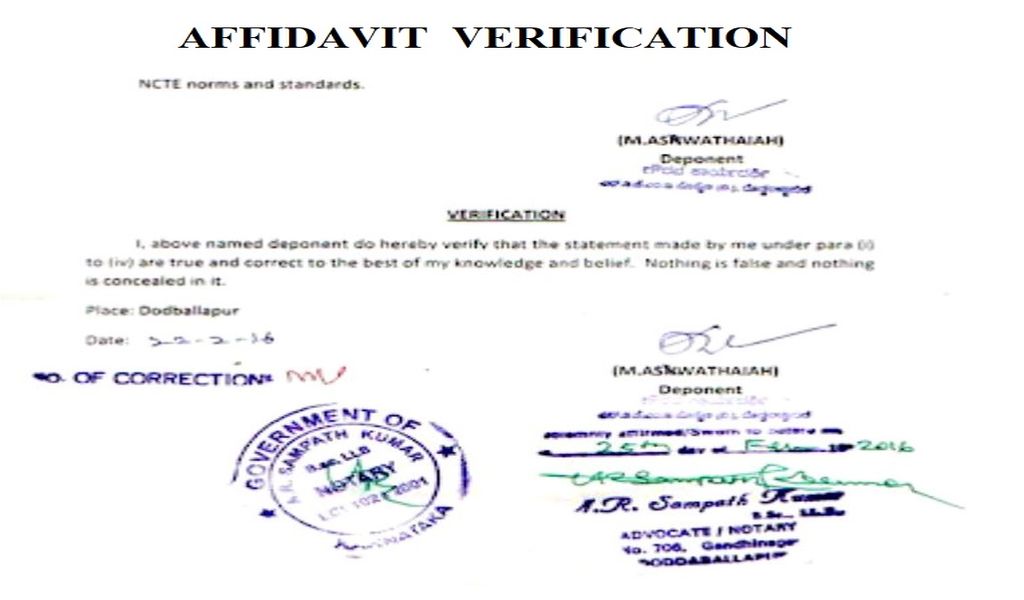
Preparing Affidavits of Defence Witnesses
When you are defending a case you have to prepare Evidence Affidavit of Defence Witnesses.
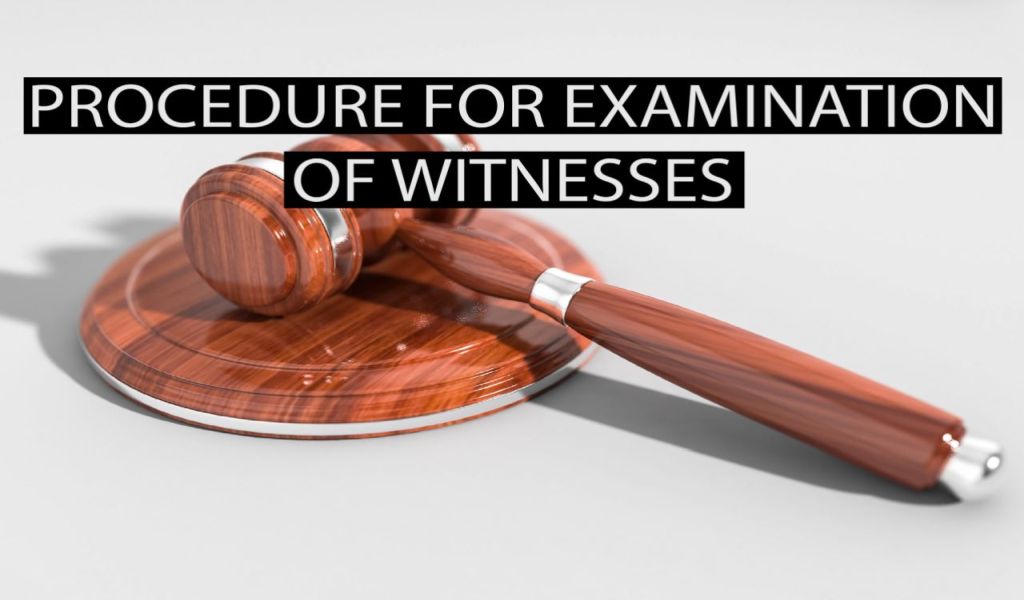
Cross Examination of Opposite Witnesses
In the Same fashion you have to prepare for cross examination of witnesses of the opposite party.
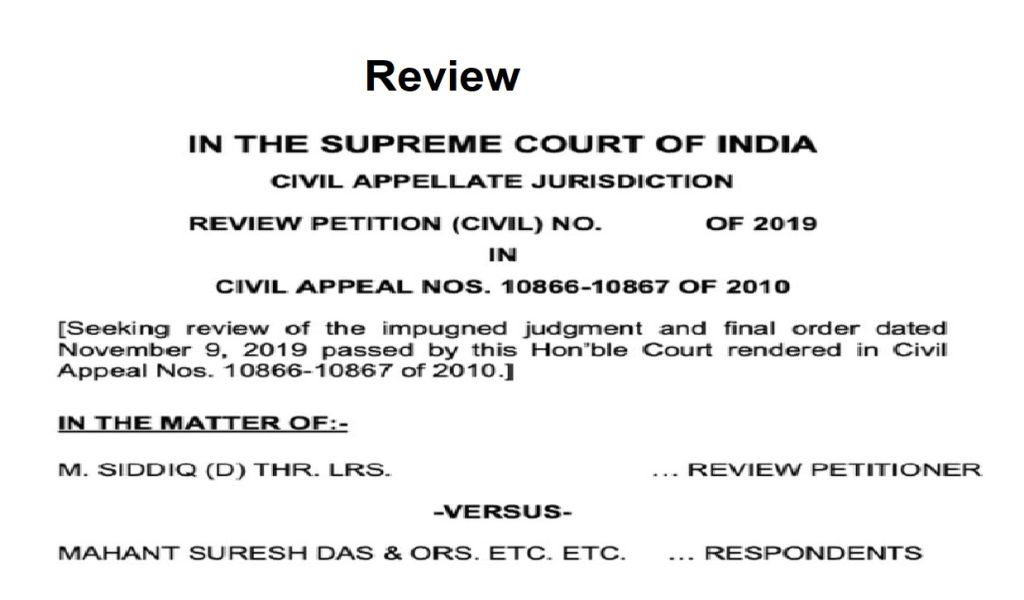
Review Applications
If a court commits error in its order which is apparent on the face of it then the remedy is a Review.
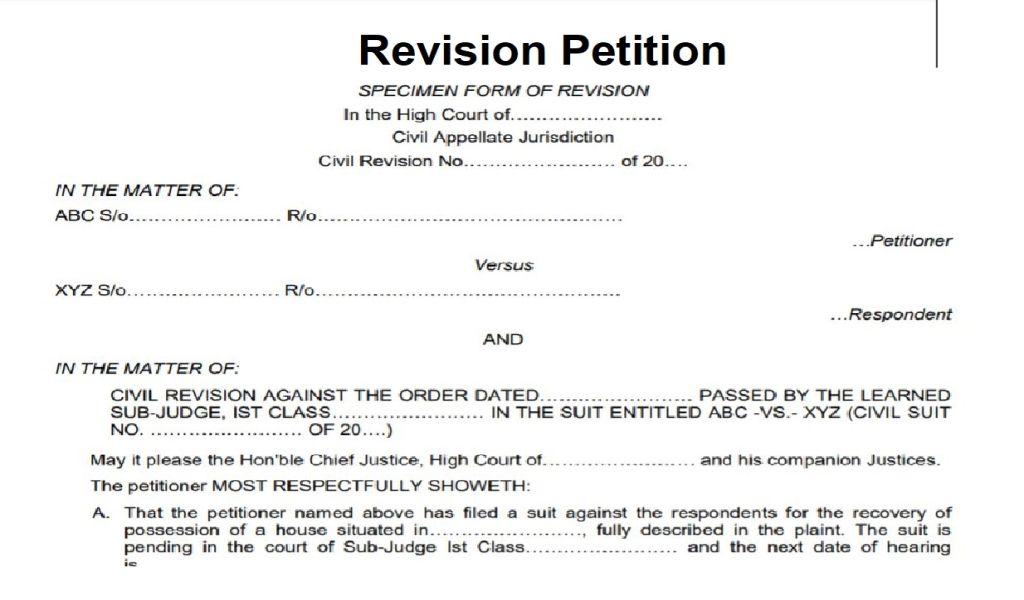
Revisions in Higher Courts
High Court is approached where a lower court has committed jurisdictional errors in a pending matter.
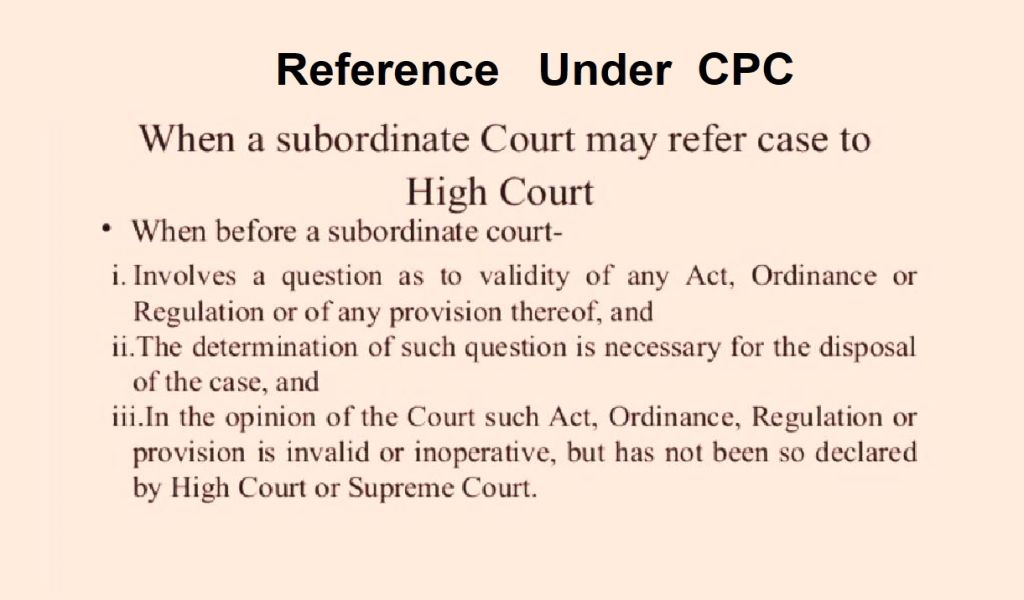
Reference In High Court
Where a court is likely to commit jurisdictional errors, it is requested to seek High Court's guidance.
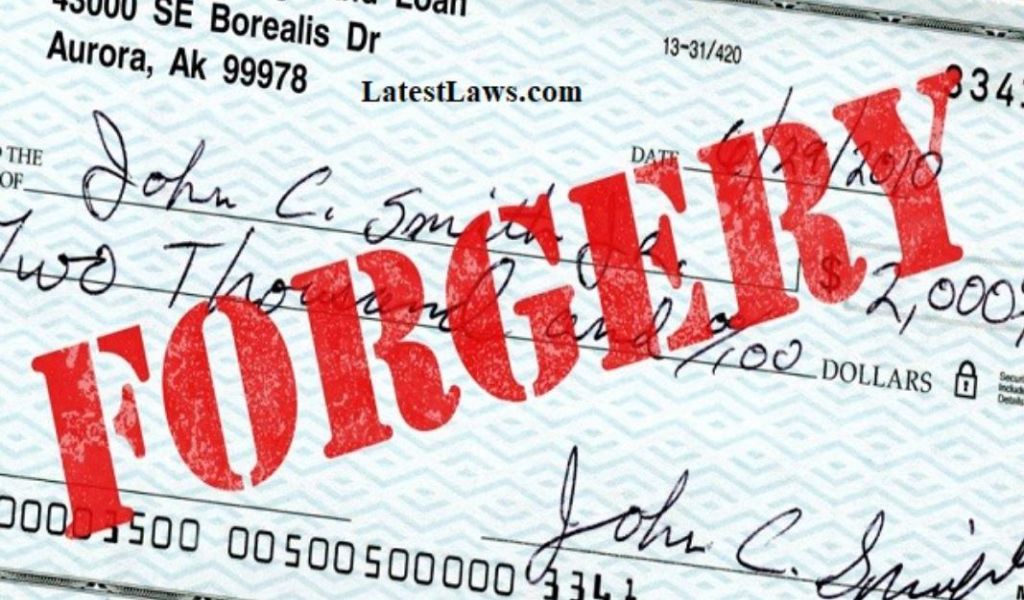
Forgery of Documents
When your opposite party misleads and defrauds the court through the forged documents
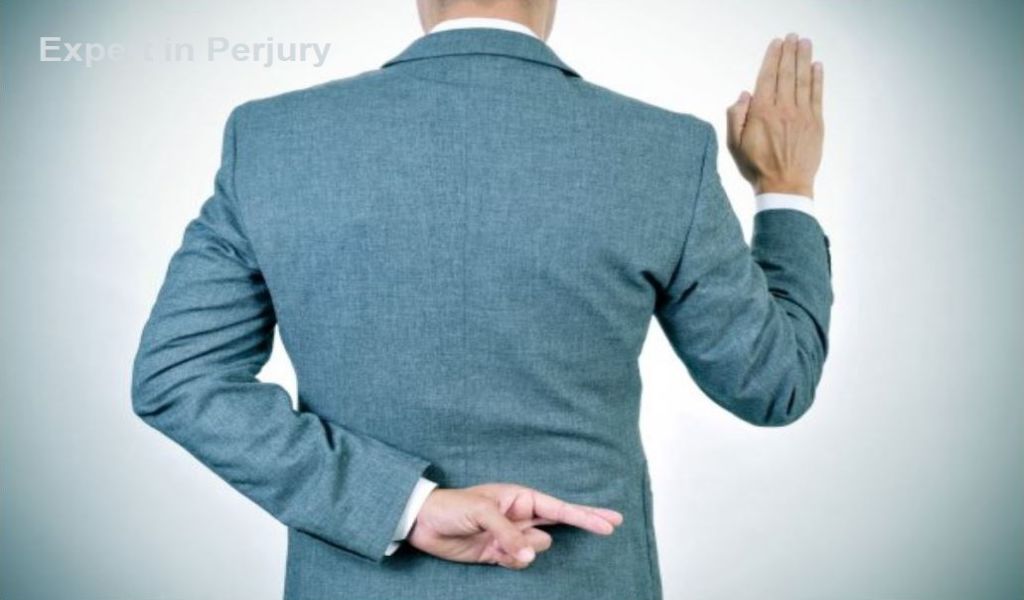
Perjury though Statements
When your opposite party misleads and defrauds the court through the false statements
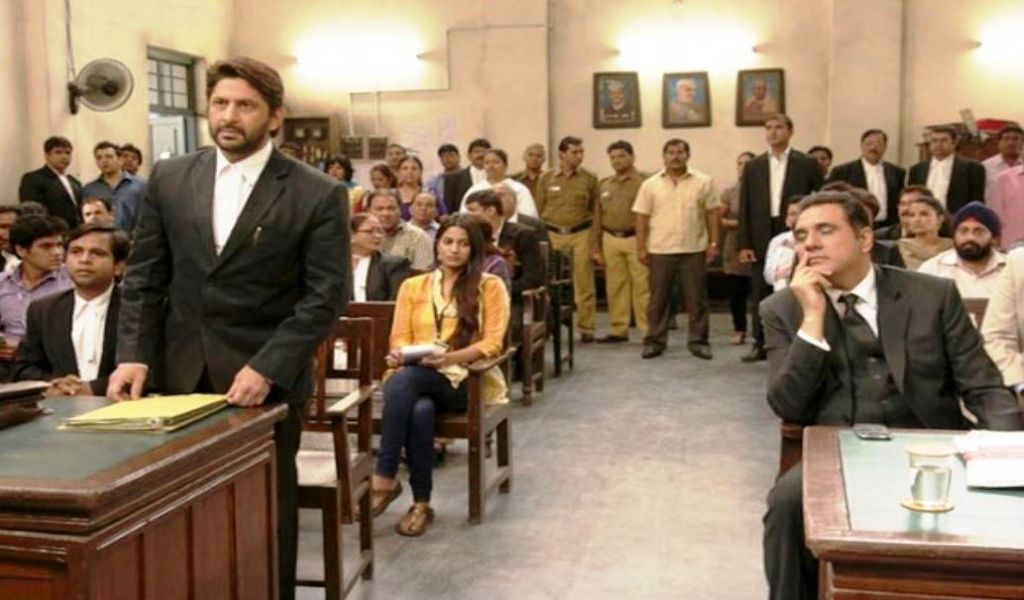
Final Arguments
Finally, the court is addressed that your assertions in plaint stand proved by the evidence led by your Client.
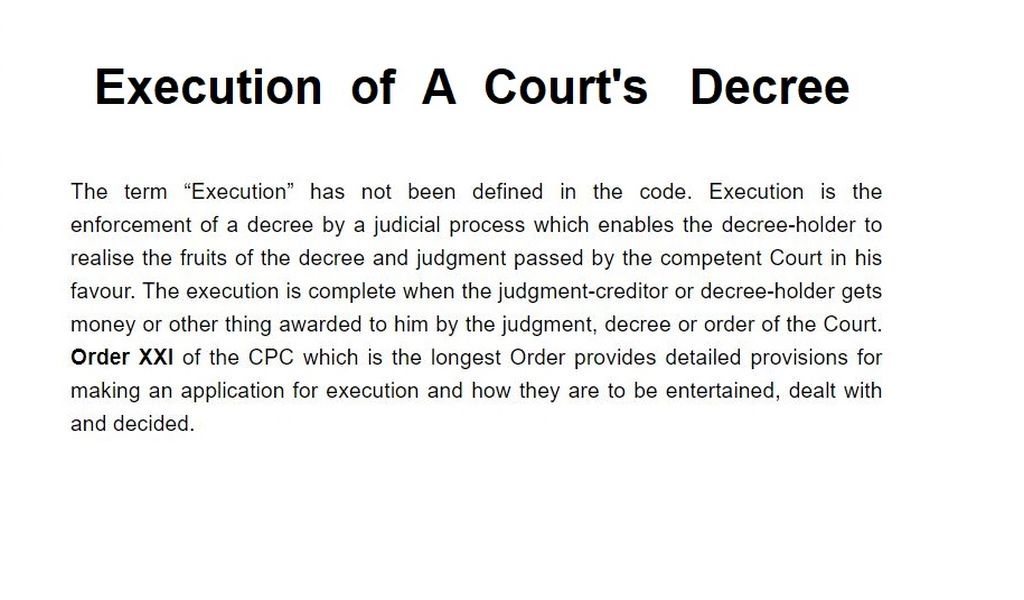
Execution of a Decree
After the judgment, the court will pass a Decree which is then got executed. It is similar to contesting a case.

